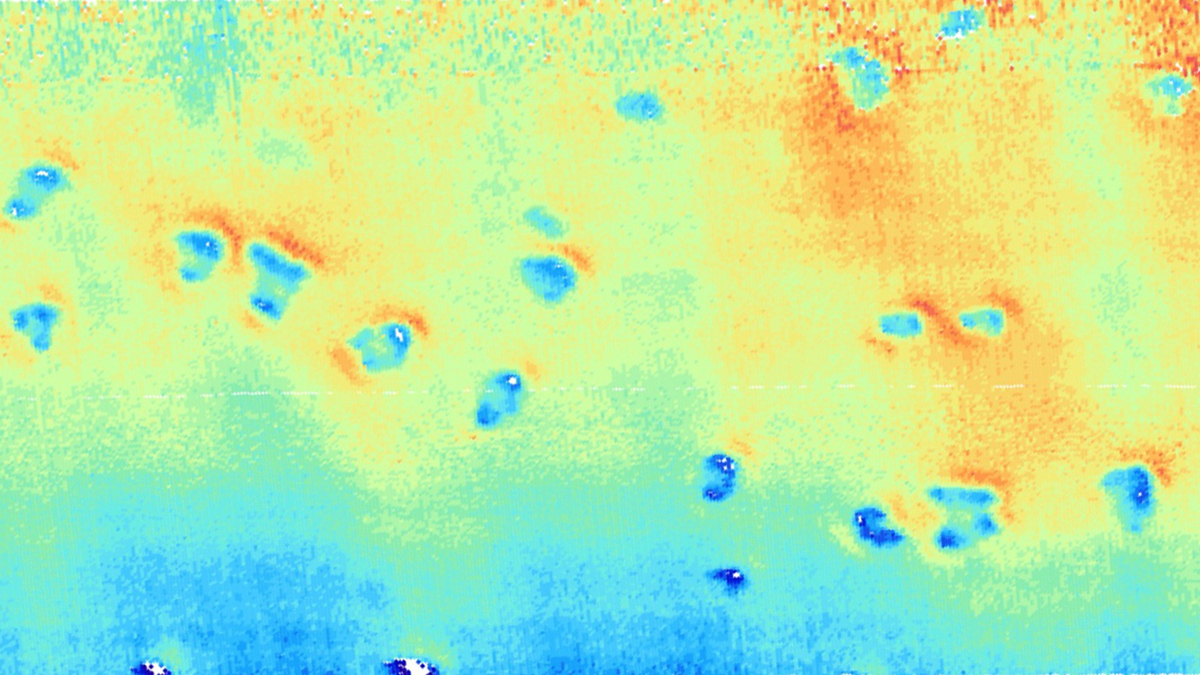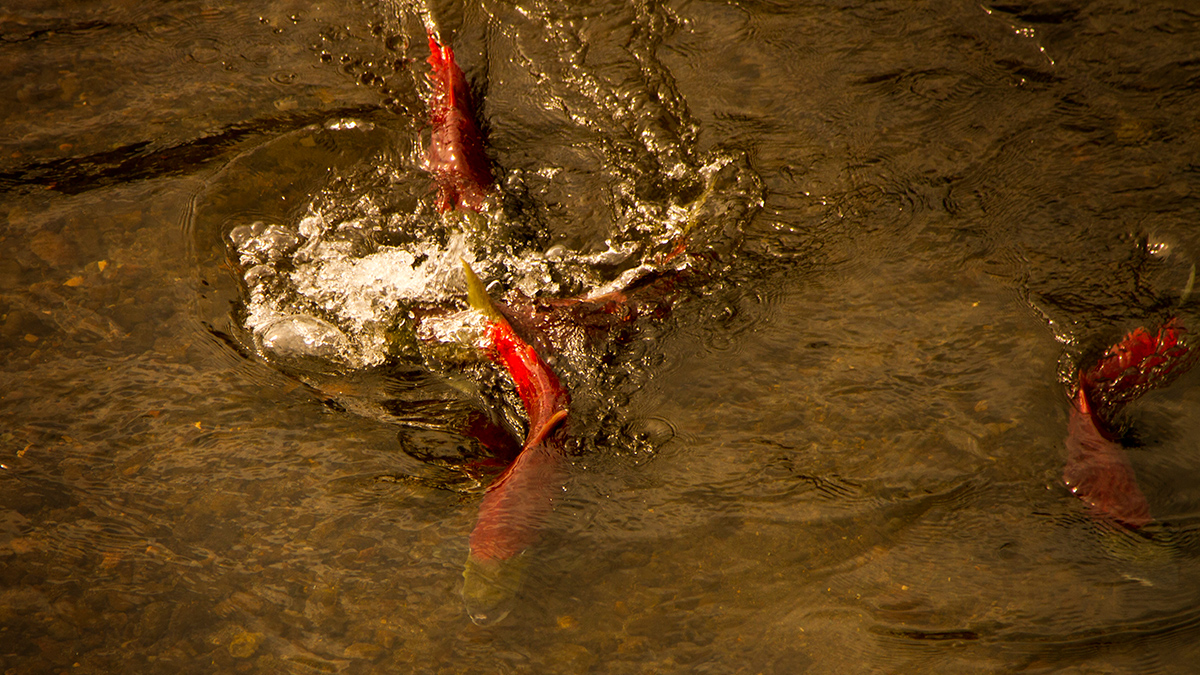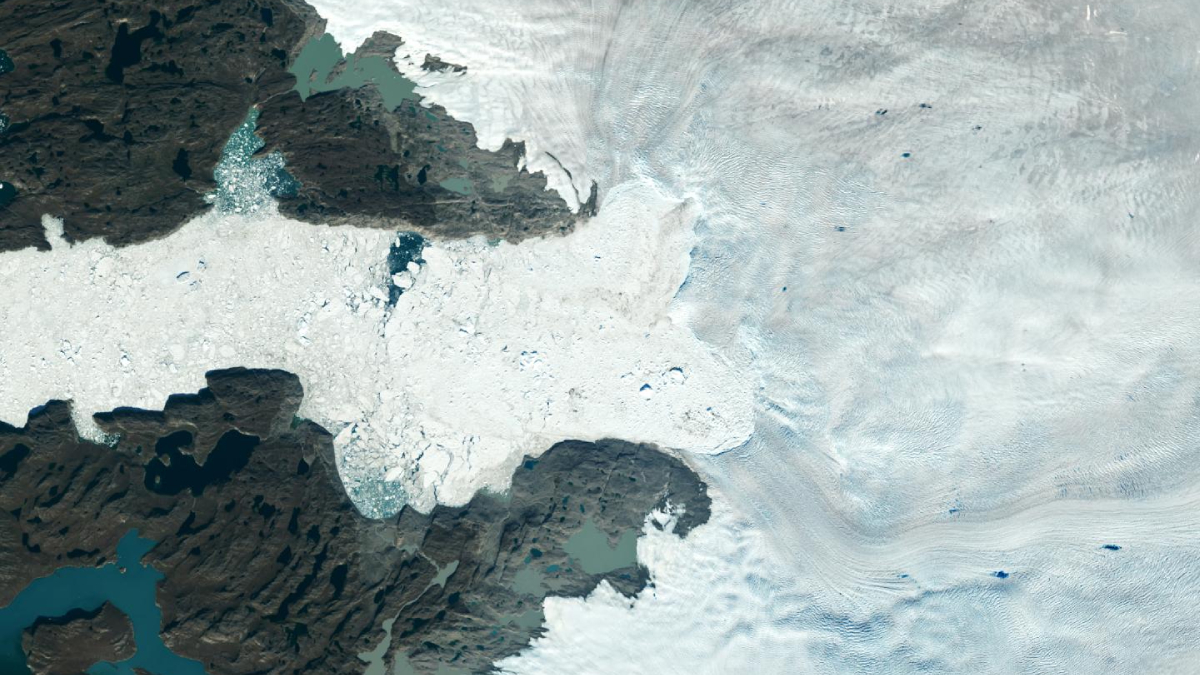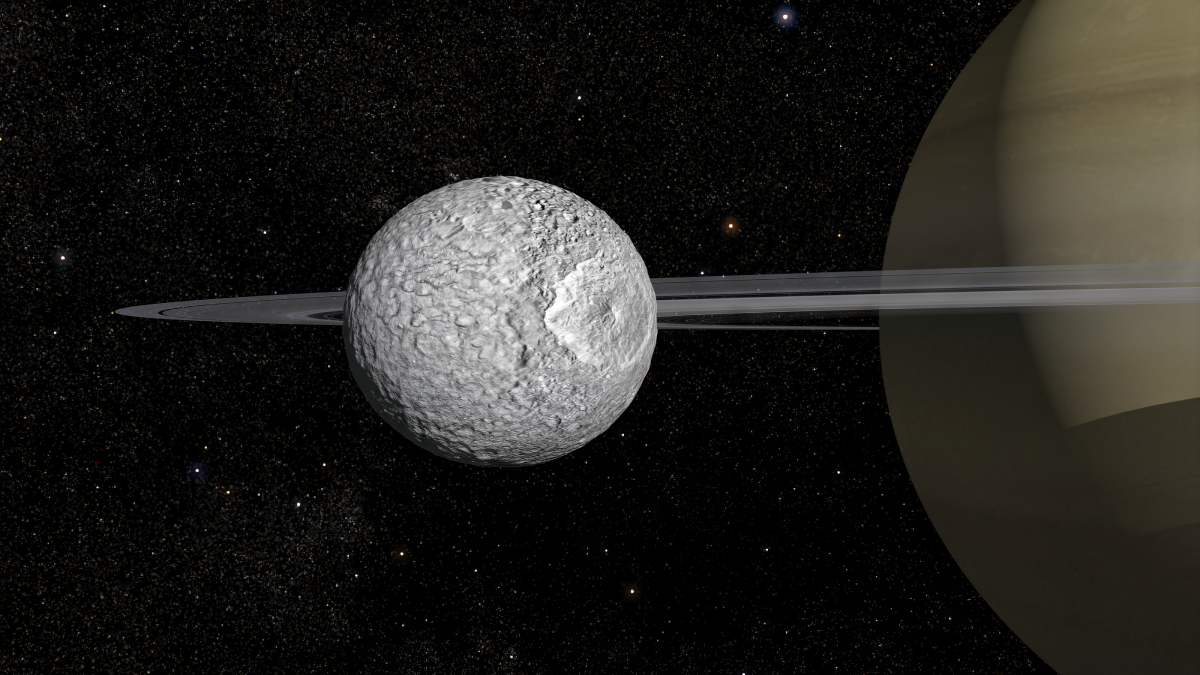Some shallow seafloor depressions off the coast of Germany that look like those associated with methane might instead be the work of porpoises.
News
El despertar del Popocatépetl: Transformando la vulcanología en México
La erupción del “Don Goyo” de 1994 en México central aceleró el interés académico en la vulcanología.
Groundwater Levels Are Dropping Around the World
Well data from around the world show declines driven by water use and climate change.
The United States Has an Updated Map of Earthquake Hazards
The new National Seismic Hazard Model shows where damaging earthquakes are likely to occur, informing public safety and infrastructure policies.
Cold Fog Is Capricious, but Not for Long
New observations of cold fog formation could eventually improve forecasting.
Young Salmon in British Columbia Are Getting Bigger
A rediscovered catalog of sockeye scales gave researchers access to century-old fish DNA.
Antarctica’s Ocean Acidity Set to Rise Rapidly by Century’s End
New research shows acidity levels could as much as double by 2100, imperiling fragile ecosystems in the frigid Southern Ocean.
How Did We Miss 20% of Greenland’s Ice Loss?
The ice loss was hidden in places existing monitoring methods can’t reach, such as hard-to-map fjords. Machine learning helped scientist revise mass loss estimates and uncover patterns in glacial retreat.
That’s No Moon; It’s an Ocean World
If Saturn’s cratered moon Mimas has liquid water beneath its surface, ocean worlds might be far more common in the solar system than we thought.
Climate Scientist Michael Mann Confronts Defamers in Court After 12-Year Delay and Wins
The trial comes as climate impacts and attacks on science and its practitioners are worse than ever.










